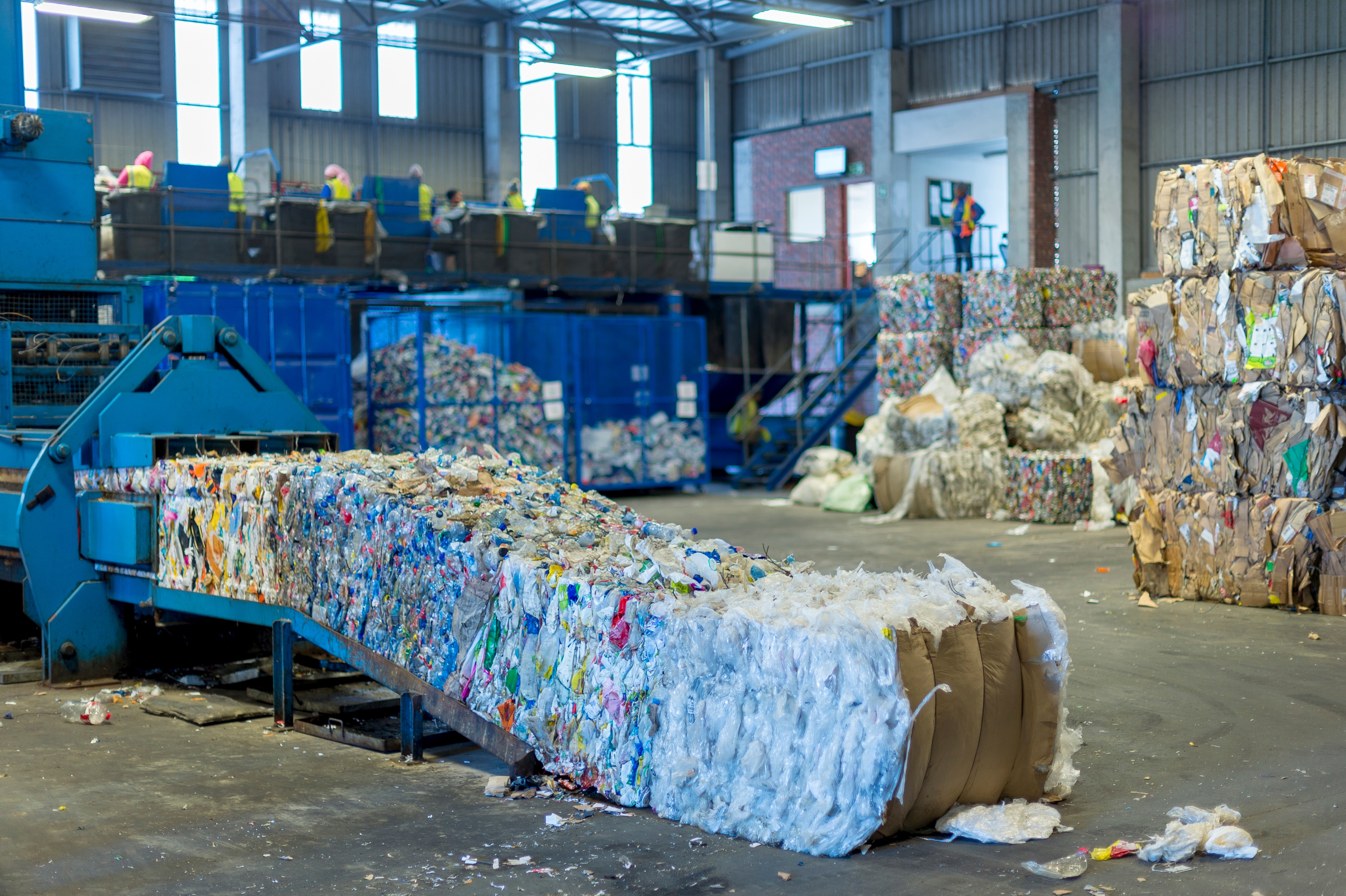Averda partners with KAUST for sustainable waste management solutions

Averda waste management provides smart technology mechanical separation of recyclables onsite at KAUST. Photo: Averda
Averda, the leading end-to-end waste management and recycling company in emerging markets, and King Abdullah University of Science of Technology (KAUST), a graduate research university in Saudi Arabia, are pleased to announce the signing of a new contract for a waste management facility and services that will provide sustainable waste management solutions for the University, with zero-waste goals projected by 2025. Averda will manage all aspects of solid and hazardous waste, including recycling, sorting, waste transfer and disposal.
Since 2015, Averda has worked with KAUST to design and deliver an integrated waste management service for its campus facilities and residential neighborhoods that matches the needs and sustainable goals of the university. During this time, over 3,500 tonnes of waste has been recycled, including 1,332 tonnes of cardboard, 227 tonnes of paper, 357 tonnes of plastics, 614 tonnes of metals and 243,000 litres of different types of oil.
Averda’s new 10-year contract with KAUST will support the university’s zero-waste-to-landfill target even further, recycling and recovering 100% of unavoidable municipal waste by-products with a one-stop, integrated materials recovery facility (MRF) and streamlined processes for collecting, sorting and bundling waste. The arrangement will be further strengthened by the introduction of an all-electric fleet of Averda waste collection vehicles (previously diesel). In addition to energy savings, the use of electric vehicles will eliminate emissions, minimize noise, and reduce maintenance, among other benefits.
KAUST Vice President of Facilities Management Matthew Early said: “KAUST is proud to continue our relationship with Averda in this transformational zero-waste journey. The overall endeavour of waste management — from the facility where the waste will be sorted into various recycling streams, to the all-electric collection fleet — will allow KAUST to meet its goal of zero-waste by 2025 and elevate KSA’s quest for environmental sustainability by preserving the environment and contributing to improving quality of life.”
The new bespoke facility, designed to complement KAUST’s contemporary campus, will include an administrative space, depot and parking for vehicles, and storage for containers and other operating equipment. Averda’s specialised waste collection services across the KAUST campus and five residential areas will ensure the correct collection and handling of each waste type. Recyclable material will be sorted and sold to the market, and organic material will be composted by KAUST’s composting facility.

Averda’s advanced sorting and processing technology turns waste in to a reusable resource onsite at KAUST, diverting waste from landfill. Photo: Averda
The more than 7000 KAUST residents will play an important role in separating recyclables at the source. To this end, KAUST and Averda are developing an environmental awareness campaign for residents to ensure total participation in the zero-waste effort.
The use of information technology to record, monitor, analyse and report waste management data will be a vital component to support this program and ensure that KAUST meets its sustainability targets. Technological provisions will be made to collect data at granular level, including bin management, dynamic weighing system, fleet tracking and management. A sustainability plan for operations will track and measure progress against targets to maximise emission reductions and keep KAUST fully informed of the environmental footprint of the activities and services delivered by Averda both on and off site.
Averda Chief Growth Officer Mazen Chebaklo commented: “Sustainable practices are an integral part of KAUST’s campus. For over a decade, Averda has provided KAUST with an exemplary sustainable waste management service, that has evolved with the growth and feedback of the community. We are delighted to help KAUST on the next stage of their sustainability journey, as they commit to reduce emissions and achieve zero waste to landfill. KAUST is a clear leader in the implementation of circular economy principles. We are proud to support an institution that continually strives to improve the sustainability of their operations.

